summary
Vitamin D is recognized to be an essential element for bone metabolism and skeletal health; however, its deficiency can cause rickets in children as well as an increased propensity for osteoporosis. In addition, it may also affect extraskeletal health. Indeed, vitamin D deficiency has been identified as a risk factor for diabetes mellitus, cancers, multiple sclerosis and other autoimmune diseases, atherosclerosis, and infectious diseases. Few past studies have reported the impact of vitamin D deficiency on autoimmune thyroid disease and demonstrated inconclusive results. Besides affecting the thyroid gland through immune-mediated processes, vitamin D has been shown to influence rat thyroid follicular cells by directly inhibiting thyrotropin-stimulated iodide uptake in a dose-dependent manner. Recently, a population-based study has reported that high vitamin D status in younger individuals is associated with low circulating thyroid-stimulating hormone (TSH). However, it remains unknown as to why no relationship between vitamin D status and serum TSH levels in middle-aged and elderly individuals was found in this study. Therefore, in the present study, we examined the relationship between vitamin D status and circulating TSH levels in middle-aged and elderly individuals with thyroid autoimmunity, while taking thyroid function into consideration in addition to the relationship between vitamin D insufficiency and thyroid autoimmunity, the presence of thyroid nodule(s) and thyroid volume in a cross-sectional study.
additional information
Background. A recent study has reported that high circulating 25-hydroxyvitamin D [25(OH)D] is associated with low circulating thyroid-stimulating hormone (TSH) levels, but only in younger individuals. The goal of the present study was to explore the relationship between vitamin D status and circulating TSH levels with thyroid autoimmunity and thyroid hormone levels taken into consideration in a population-based health survey of middle-aged and elderly individuals. Methods. A total of 1,424 Chinese adults, aged 41-78 years, were enrolled in this cross-sectional study. Serum levels of 25(OH)D, TSH, thyroid hormones, and thyroid autoantibodies were measured. Results. The prevalence of vitamin D insufficiency was 94.29% in males and 97.22% in females, and the prevalence of vitamin D deficiency was 55.61% in males and 69.64% in females. Vitamin D status was not associated with positive thyroid autoantibodies after controlling for age, gender, body mass index, and smoking status. Higher 25(OH)D levels were associated with lower TSH levels after controlling for age, FT4 and FT3 levels, thyroid volume, the presence of thyroid nodule(s), and smoking status in males. Conclusion. High vitamin D status in middle-aged and elderly males was associated with low circulating TSH levels independent of thyroid hormone levels.
LINK - http://www.ncbi.nlm.nih.gov/pubmed/24693286/
